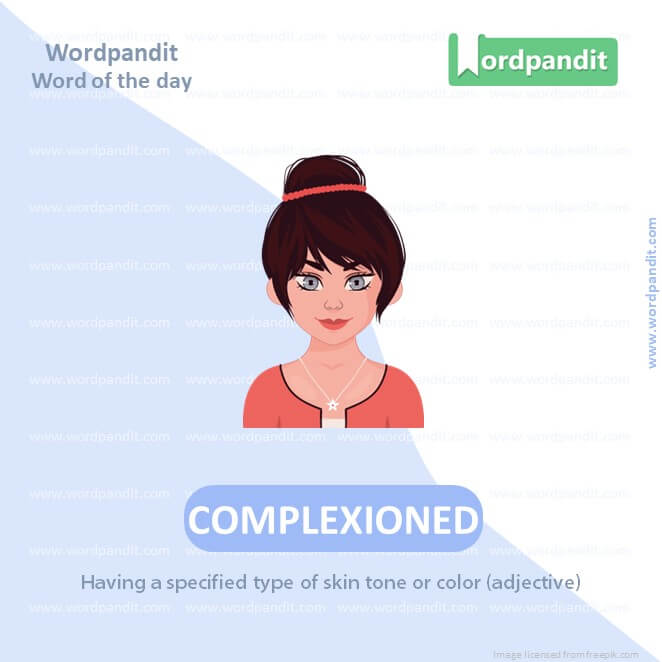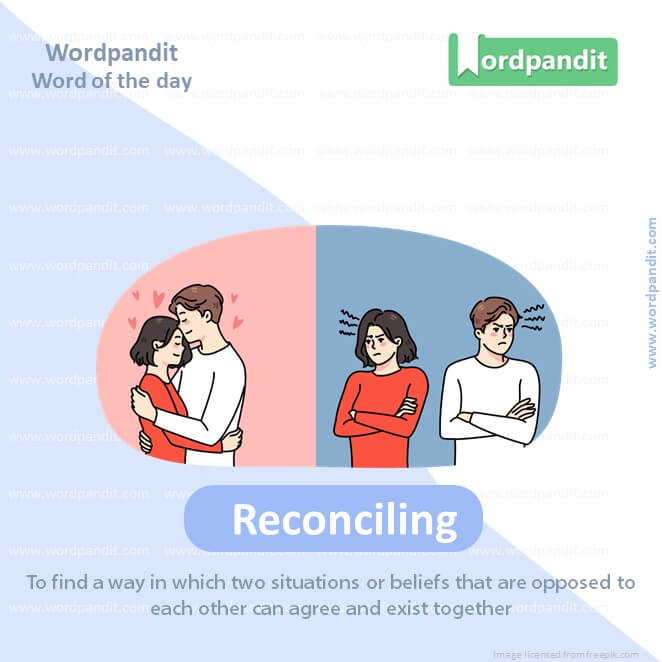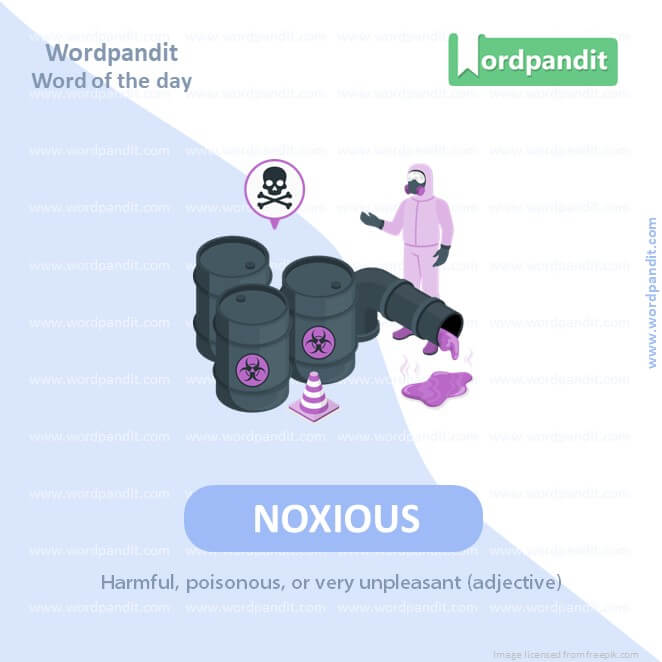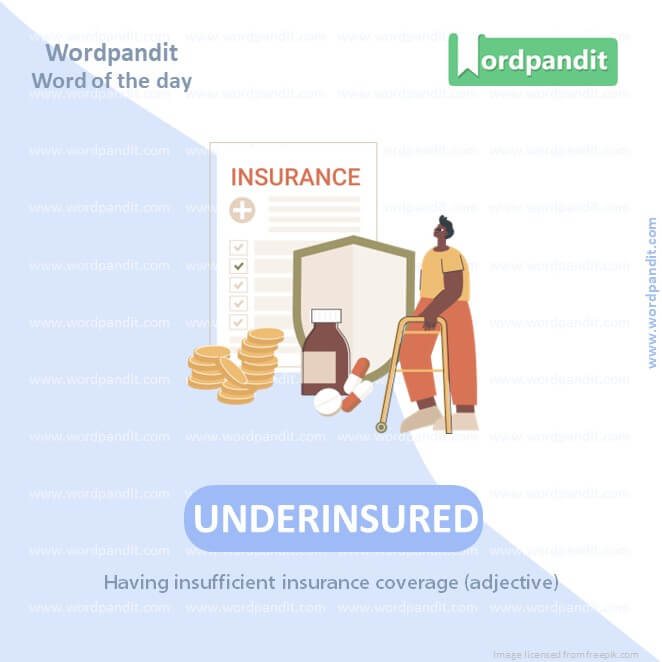Daily Vocabulary Words: List of Daily Used Words in Leading International Newspapers
Hi there. Welcome to this special section @ Wordpandit.
Our endeavour here is very simple: to highlight important daily vocabulary words, which you would come across in leading newspapers in the country. We have included the following newspapers in our selection:
• The New York Times
• The Washington Post
• Scientific American
• BBC
• The Guardian
• Psychology Today
• Wall Street Journal
• The Economist
We are putting in extensive work for developing your vocabulary. All you have got to do is be regular with this section and check out this post on a daily basis. This is your repository of words that are commonly used and essentially, we are posting a list of daily used words. Hence, this has significant practical application as it teaches you words that are used commonly in leading publications mentioned above.
Visit the website daily to learn words from leading international newspapers.

WORD-1: REBRANDING
CONTEXT: There were layers of history, with both Oprah and the intellectual history of bodies in pop culture. But, viewed at a distance and as a whole, the one-hour program was above all a harbinger of how the weight-loss industry is rebranding.
SOURCE: New York Times
EXPLANATORY PARAGRAPH: Imagine your favorite ice cream shop changes its colors, name, and adds new flavors. They are making everything look new and exciting. That’s “rebranding,” when a shop or company changes its look or name to make people more interested.
MEANING: The process of changing the corporate image of an organization or product (noun).
PRONUNCIATION: ree-BRAND-ing
SYNONYMS: Revamping, refreshing, renewing, repositioning, restructuring
USAGE EXAMPLE:
1. The company underwent rebranding to attract a younger audience.
2. Rebranding helped the old restaurant gain new popularity.
3. The product’s rebranding included a new logo and packaging.
4. The rebranding campaign aimed to shed the company’s outdated image.
WORD-2: RETELLING
CONTEXT: The special’s outset, Oprah made the story about GLP-1 receptor agonists — Ozempic, Wegovy, Mounjaro — a retelling of her own struggle with weight.
SOURCE: New York Times
EXPLANATORY PARAGRAPH: Think about your favorite story. Now imagine telling that story to your friend in your own words, maybe changing some parts or adding new details. That’s “retelling,” when you tell a story again, sometimes in a different way.
MEANING: The act of telling a story or event again, often in a different way (noun).
PRONUNCIATION: ree-TEL-ing
SYNONYMS: Recounting, narrating, replaying, reiterating, recapitulating
USAGE EXAMPLE:
1. The retelling of the classic tale had modern twists.
2. Each retelling of the story added new elements.
3. The movie was a retelling of a famous historical event.
4. Her retelling of the incident was more dramatic than the original.

WORD-3: COMPLEXIONED
CONTEXT: In the 1980s, most of the Black women on television were either fair-skinned beauty queens like Vanessa Williams or darker-complexioned mother figures like Nell Carter.
SOURCE: New York Times
EXPLANATORY PARAGRAPH: Think about how people have different skin colors, like some have light skin and some have dark skin. “Complexioned” is a word that describes the color or appearance of someone’s skin.
MEANING: Having a specified type of skin tone or color (adjective).
PRONUNCIATION: kom-PLEK-shund
SYNONYMS: Skinned, pigmented, colored, tinted, hued
USAGE EXAMPLE:
1. She has a fair complexioned face.
2. The portrait highlighted the darkly complexioned man’s features.
3. People with lightly complexioned skin are sensitive to sunburn.
4. The artist used various shades to depict differently complexioned individuals.

WORD-4: RECONCILING
CONTEXT: The best vacations, how to know if your husband had cheated on you, reconciling with your racist mother-in-law after you have a biracial baby.
SOURCE: New York Times
EXPLANATORY PARAGRAPH: Imagine you and your friend had a fight over a toy but later, you both decide to share and play together again. “Reconciling” means fixing a problem or disagreement and becoming friends again.
MEANING: To find a way in which two situations or beliefs that are opposed to
each other can agree and exist together
PRONUNCIATION: RE-kun-sy-ling
SYNONYMS: Resolving, settling, rectifying, mending, harmonizing
USAGE EXAMPLE:
1. The siblings were reconciling after their argument.
2. Reconciling the differences between the two departments was challenging.
3. He spent hours reconciling the accounts.
4. The peace treaty was an attempt at reconciling the warring nations.

WORD-5: NOXIOUS
CONTEXT: The least noxious of branded diets partnered with the warmest face of diet culture.
SOURCE: New York Times
EXPLANATORY PARAGRAPH: Think about something that smells really bad or can make you feel sick, like garbage or harmful smoke. “Noxious” is used to describe things that are harmful or very unpleasant.
MEANING: Harmful, poisonous, or very unpleasant (adjective).
PRONUNCIATION: NOK-shus
SYNONYMS: Toxic, harmful, poisonous, dangerous, deleterious
USAGE EXAMPLE:
1. The factory emitted noxious fumes.
2. They warned us about the noxious plants in the forest.
3. The noxious chemicals were stored safely to prevent accidents.
4. Living near the landfill was unhealthy due to the noxious gases.

WORD-6: UNDERINSURED
CONTEXT: Currently the two brands of GLP-1 receptor agonists that are F.D.A. approved for only weight loss are underinsured.
SOURCE: New York Times
EXPLANATORY PARAGRAPH: Imagine you have a small umbrella in a big rainstorm, and it only covers part of you. “Underinsured” is like that, but with insurance; it means not having enough insurance to cover all the costs or damages if something bad happens.
MEANING: Having insufficient insurance coverage (adjective).
PRONUNCIATION: un-der-IN-shurd
SYNONYMS: Undercovered, inadequately insured, insufficiently protected, minimally insured
USAGE EXAMPLE:
1. The family realized they were underinsured after the flood damage exceeded their coverage.
2. Being underinsured can lead to financial problems in case of an accident.
3. Many small businesses are underinsured against natural disasters.
4. The car accident revealed that the driver was underinsured for liability.
WORD-7: UNGLAMOROUS
CONTEXT: A woman so successful that she redefined the term, not just for women, but specifically for Black women born to unglamorous means and expectations.
SOURCE: New York Times
EXPLANATORY PARAGRAPH: Think about doing chores like cleaning up your room or taking out the trash. These jobs might not be fun or exciting; they are “unglamorous,” meaning they don’t feel special or fancy, but they are important to do.
MEANING: Not attractive or exciting; dull or ordinary (adjective).
PRONUNCIATION: un-GLAM-uh-rus
SYNONYMS: Plain, mundane, unexciting, ordinary, dull
USAGE EXAMPLE:
1. The unglamorous task of cleaning was essential to keep the house tidy.
2. He led an unglamorous life but was content with what he had.
3. Most of the work behind the scenes is unglamorous but crucial.
4. She preferred the unglamorous countryside to the bustling city life.
WORD-8: USHERING
CONTEXT: She gave enough of herself in ushering us through our own national schizophrenia about good bodies and bad bodies.
SOURCE: New York Times
EXPLANATORY PARAGRAPH: Imagine at school when a new student comes and you take them around, showing them where everything is. “Ushering” is like that; it’s when you lead or guide people to where they need to go or help start something new.
MEANING: Leading or guiding someone to a place, or introducing a new period or activity (verb).
PRONUNCIATION: USH-er-ing
SYNONYMS: Guiding, leading, escorting, conducting, heralding
USAGE EXAMPLE:
1. The host was ushering guests to their seats at the wedding.
2. The new year was ushered in with fireworks and celebrations.
3. She was responsible for ushering the speakers onto the stage.
4. The invention of the smartphone ushered in a new era in communication.
WORD-9: TOWERING
CONTEXT: The ABC special doesn’t solve the pressing political issues of the weight-loss revolution. But, watching Oprah stand onstage, towering above the audience, wearing the kind of figure-hugging monochromatic jumpsuits she now favors, I realize that this may not be about us.
SOURCE: New York Times
EXPLANATORY PARAGRAPH: Think about a really tall building or tree that looks like it touches the sky. “Towering” describes something very high and tall, standing out above everything else.
MEANING: Very tall or high, often so as to evoke feelings of awe or admiration (adjective).
PRONUNCIATION: TOW-er-ing
SYNONYMS: Lofty, high, giant, colossal, immense
USAGE EXAMPLE:
1. The towering skyscraper dominated the city’s skyline.
2. She admired the towering mountains surrounding the valley.
3. The basketball player’s towering figure made him stand out in the crowd.
4. The ancient tree was towering over the small cottage.
WORD-10: BENEVOLENT
CONTEXT: A lore about happy slaves and benevolent enslavers proliferated.
SOURCE: New York Times
EXPLANATORY PARAGRAPH: Imagine someone like a kind superhero who always helps people, gives them what they need, and makes them happy without wanting anything back. That person is “benevolent.” They do good things and care about others’ happiness.
MEANING: Showing kindness, caring, and willingness to help others (adjective).
PRONUNCIATION: buh-NEV-uh-luhnt
SYNONYMS: Kind-hearted, generous, charitable, altruistic, compassionate
USAGE EXAMPLE:
1. The benevolent teacher often stayed after school to help students with their homework.
2. Her benevolent smile made everyone in the room feel more comfortable.
3. The billionaire’s benevolent donation to the hospital provided new equipment for the pediatric wing.
4. The organization is known for its benevolent work in disaster-stricken areas, providing aid and support to those in need.
Vocabulary Words with Meaning, Synonyms and Antonyms PDF
The voyage to language mastery often involves decoding the ‘vocabulary words with meaning, synonyms and antonyms PDF’. This valuable resource is a treasure chest of words, offering definitions, similar phrases, and contrasting expressions all in one place. Yet, recognizing the full potential of ‘vocabulary words with meaning, synonyms, and antonyms PDF’ entails more than just glossing over the words, it demands active and strategic engagement.
To uncover the richness of ‘vocabulary words with meaning, synonyms and antonyms PDF’, focus on understanding the context of each word, along with its synonyms and antonyms. Group words under themes to create word maps, linking synonyms and contrasting antonyms, for a better grasp of the material.
When delving into a ‘vocabulary words with meaning, synonyms and antonyms PDF’, use annotation tools for an interactive study experience. Make personal notes about each word and how you connect with it. This personalized touch aids in memorization and enhances recall.
To cement the learning from ‘vocabulary words with meaning, synonyms and antonyms PDF’, regular revision is pivotal. Spaced repetition, a learning technique where intervals between each review are gradually increased, can significantly enhance long-term memory retention.
The most crucial aspect, however, is practical application. The ‘vocabulary words with meaning, synonyms and antonyms PDF’ should act as a springboard for real-world application. Incorporating learnt words, along with their synonyms and antonyms, in conversations or digital interactions, reinforces understanding and boosts fluency.
In conclusion, navigating the ‘vocabulary words with meaning, synonyms and antonyms PDF’ is a cerebral adventure. A blend of contextual learning, annotation, regular revision, and practical application makes the journey a rewarding one. Grasping ‘vocabulary words with meaning, synonyms and antonyms PDF’ not only enriches your language skills but also adds vibrancy to your linguistic expressions.











